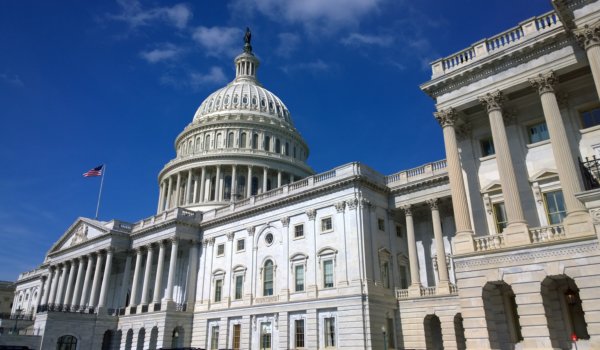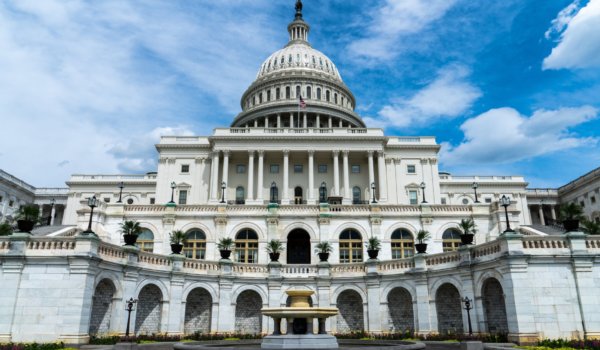International trade in a Biden presidency
There are several actions Biden would likely take with regard to international trade policy.
A new Biden administration overview on trade policy: consistency, rules-based, market opening, multilateral and reduced tariffs.
Probable approaches are:
- Biden would likely re-engage with rule-setting bodies, specifically the World Trade Organization (WTO) by allowing an appointee to its appellate body that settles trade disputes. In doing so, he would re-engage with rules that have been in place for international trade for decades.
- The former Vice President has pledged that any future trade negotiations would involve representatives from both labor and environmental organizations, which would result in trade negotiations containing fair labor standards and acknowledgement of global warming challenges.
- Biden would seek to improve trade relations with our U.S. allies by reversing imposed tariffs taken by the Trump administration. If Biden becomes the next president, he would seek to restore strong trade with Canada, Europe, the United Kingdom, etc.
- Biden may reenter the Trans-Pacific Partnership (TPP), the trade agreement between 11 countries of the Pacific Rim: Australia, Brunei, Canada, Chile, Japan, Malaysia, Mexico, New Zealand, Peru, Singapore and Vietnam. Trump withheld support for the TPP during his early days in office.
- If elected, Biden may not rush into a U.S.–U.K. trade agreement. His pledge to preserve the Good Friday Agreement — the agreement of which brought peace to Northern Ireland and the region has spill-over effects on Brexit, and in turn, a trade agreement between the U.S. and U.K.
- Lastly, Biden is likely to keep Trump’s tariffs on China in place. Biden would probably keep those for several reasons including that he doesn’t want to appear weak on China, and he would need time to build an international coalition to confront China’s economic prowess.
International trade in a second-term Trump presidency
A continued Trump presidency, unsurprisingly, would bring a continuation of Trump’s current trade policies.
A second-term Trump administration overview on trade policy: bilateral, deal-based, managed trade and increased tariffs.
Probable approaches are:
- If reelected, President Trump would continue operating from a bilateral approach. He’s not a fan of trade agreements with multiple countries. He favors a trade agreement between the U.S. and one other country in order to maximize negotiating position.
- Trump would continue to take actions based on trade imbalances. In his view, if the U.S. imports more goods from a country than that country imports from us, then it’s bad. His continued focus on trade imbalances suggests that he would also continue to use tariffs.
- He would continue weakening the WTO. In layman’s terms, consider WTO as the United Nations (U.N.) for international trade — WTO sets the rules for international trade and settles disputes between countries.
- U.S. Trade Representative Robert Lighthizer, who has held his position in the President’s Cabinet throughout the entirety of Trump’s term in office, has described new actions a second-term Trump administration would take, which include: a.) a push against trade agreements between countries that don’t share a border, and b.) not including global warming concerns when negotiating trade agreements.
- Finally, a Trump administration would likely continue its crackdown on Chinese state-funded capitalism.
Advice to U.S. exporters and state trade development programs
U.S. exporters and state trade development agencies would do well to educate themselves on the agenda of the newly-elected president of the U.S. Now more than ever, exporters whom state trade agencies assist can be quickly, and significantly impacted by policy decisions made in Washington, D.C. A continued Trump presidency, or a new Biden presidency, will both present challenges and opportunities for exporters and U.S. state trade development programs.
Under Biden, an example of a trade opportunity might be increased export opportunities for energy related companies, while a challenge might be continued trade tension with China. Under Trump, a trade opportunity might be increased market access through new bi-lateral agreements, while a challenge might be retaliatory actions taken by other countries in response to tariffs.
Advice from OCO Global‘s U.S. team to American exporters? Gain first-mover advantage by thoroughly understanding the international trade policies of the next president. Many American companies found themselves in reactionary mode over the past four years. Being aware of, and thoughtfully planning for the future rules of international trade, mean dollars and profit to your bottom line.




